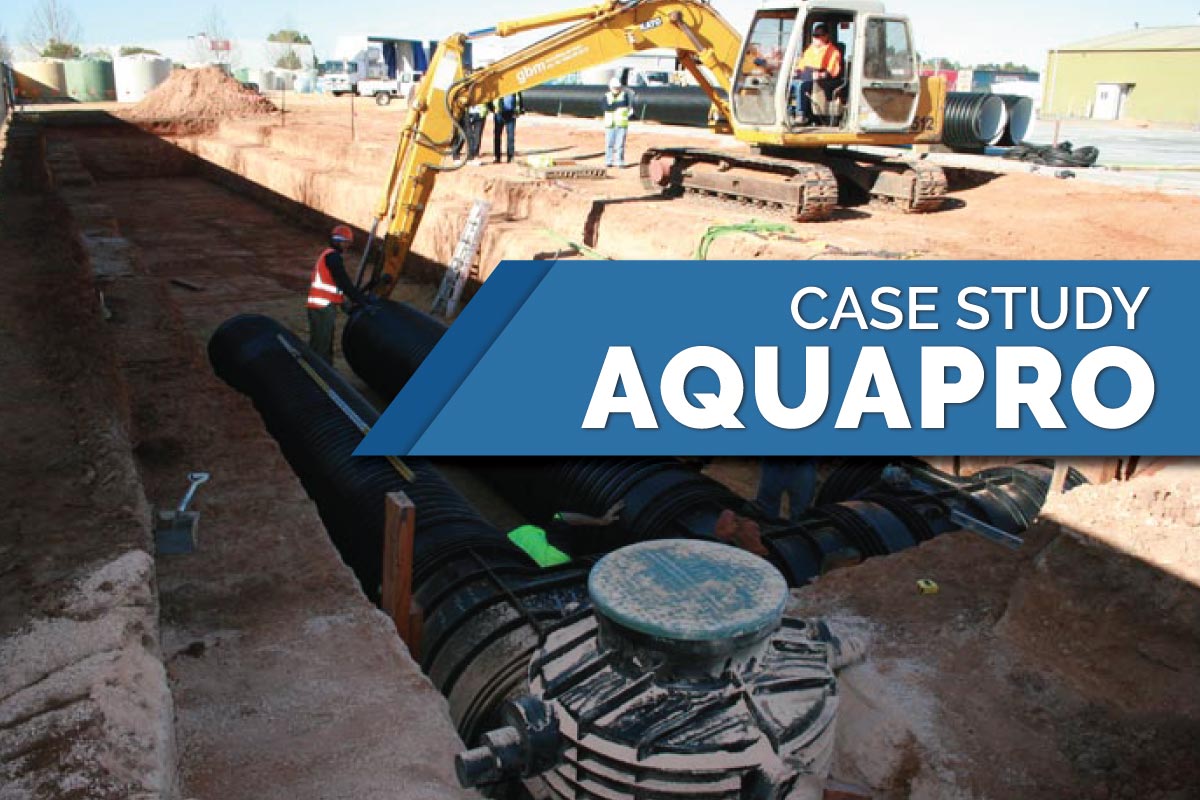Types of Products That Can Be Rotomoulded
Rotomoulding, or rotational moulding, is a method of manufacturing plastic products that are hollow.
The process is best known in the tank industry, but many manufacturers are also using the technology to make plastic products for a range of other industries. We take a look at some of the most innovative products that can be made through rotomoulding:
Medical products
A significant number of technological advancements have been made in the healthcare industry recently. There are many types of medical products which require hollow plastic parts, and rotomoulding offers a safe and reliable method for producing them. For example, the smaller components of complex medical devices, like surgical instruments and containers for dialysis machines, can be made through rotomoulding. Massage balls, foot baths, anatomical reproductions, storage for emergency equipment, wheelchair parts, and therapeutic aids can also be made with rotomoulding.
Furniture and home decor
New trends in the furniture and homewares industry are emerging as designers discover that molten plastic gives them the ability to create shapes and designs which simply could not be made with any other material. Rotomoulding also allows for the large-scale production of goods and homewares at a cheaper price. Some examples of rotomoulded furniture and decor pieces include: plastic stools, outdoor furniture, vases, lamps, bathtubs, sculptures, book shelves, and beds.
Automotive and marine
Rotomoulding is used for a wide range of products in the automotive and marine industry. For example, heating and air conditioning ducts, arm rests, sun visors, dashboards, small dinghies, jet ski parts, buoys, and life rings can all be made using this technique. Another advantage of using rotomoulding in the marine industry is that the products can be made using UV stabilised plastic for longer life spans and protection in even the harshest of marine conditions.
Agriculture
From cattle feeders to garden planters, fertiliser tanks, and pontoons, the possibilities for using rotomoulding in the agricultural industry are endless. Plastic is also easily transportable and weighs very little when compared to other agricultural products made out of metal or wood, which is an added bonus when you live on a farm and you need to drive long distances.
Material handling
Rotomoulded crates, eskies, and other storage containers are also great for transporting liquids, chemicals, fruits, vegetables and other fresh produce because they are made from non-toxic, BPA-free, food-grade plastic. They don’t rust or rot like metal or wood, and they’re odourless, splinter-free, easy to clean, and can resist most acids, salts, seawater and alkalis. Many companies also choose to transport their goods using rotomoulded products because their seamless one-piece design allows for a higher load-bearing capacity and good durability.
Waste
Managing waste can be a difficult process without the right equipment. The advantage of using rotomoulded plastic for products like port-a-loos, drop toilets, garbage bins, and septic tanks is that they are really easy to clean, and are able to withstand a large amount of wear and tear. They also minimise the risk of leaks and uncomfortable smells from leaching into the area.
Custom products
The best thing about rotomoulding is that, with innovative design and one mould, you can easily make all sorts of custom products and projects. From personalised kayaks to playgrounds, children’s toys, basketball hoops, pool stairs, wheelbarrows, chicken coops, garden sculptures, and more — if you can think it, you can probably make it with rotomoulding!
Curious about other products that can be rotomoulded? Or are you interested in manufacturing a product with rotomoulding? If you have a brilliant idea that you think will change the world call us today on 1800 666 333, or send us an enquiry online.

